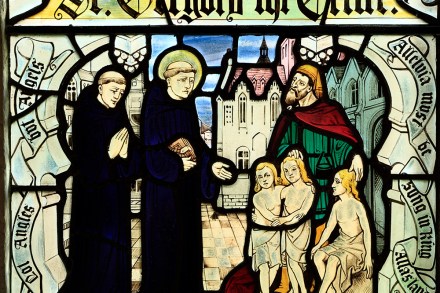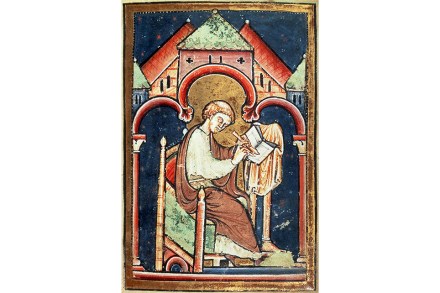Alice Loxton: Eighteen – A History of Britain in 18 Young Lives
40 min listen
My guest on this week’s Book Club podcast is the historian Alice Loxton, whose new book Eighteen: A History of Britain in 18 Young Lives is just out in paperback. In it, she tells the story of the early lives of individuals as disparate as the Venerable Bede and Vivienne Westwood. On the podcast, Alice tells me about Geoffrey Chaucer’s racy past, what Bede was like before he was venerable, and why her editor wouldn’t let her take her characters to Pizza Express. She also reassures me that – in a post-Rest is History world, where history is more exciting and accessible than ever – there is still a place



